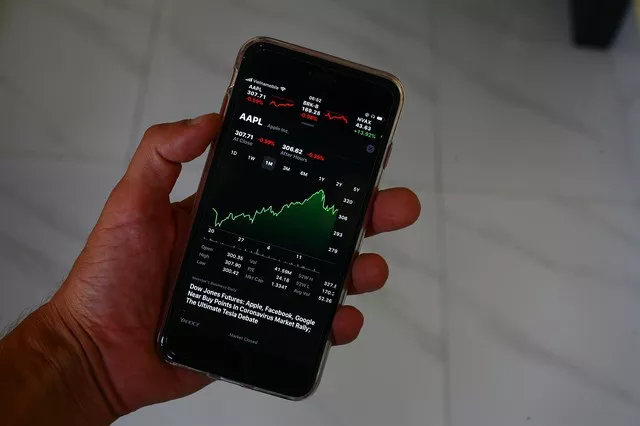Coffee futures contracts play a pivotal role in managing price risk for both producers and consumers within the coffee industry. By providing a mechanism for parties to lock in future prices, these contracts help mitigate the uncertainty associated with fluctuating market prices. Key features of the coffee futures market include its primary exchanges, such as ICE Futures US, contract specifications, and trading hours. Understanding how coffee futures prices are determined involves recognizing the interplay of supply and demand factors, influenced by various economic, geopolitical, and weather-related dynamics.
Key Players in the Coffee Futures Market:
Producers:
Coffee farmers and cooperatives are fundamental producers within the coffee futures market. They utilize futures contracts to hedge against potential price declines, ensuring a certain level of income irrespective of market fluctuations. Additionally, they can sell futures contracts to lock in prices for future sales, thus enhancing their ability to plan production and finances effectively.
Exporters:
Companies involved in purchasing green coffee beans from producers and exporting them to roasters form a crucial part of the coffee futures market. They employ futures contracts to mitigate price fluctuations between bean purchases and sales to roasters. Furthermore, exporters may engage in futures trading to manage inventory and capitalize on price differentials.
Roasters:
Roasters, responsible for transforming green coffee beans into the final consumer product, utilize coffee futures to stabilize raw material costs. By locking in prices, they ensure predictability in production and sales, thus safeguarding profit margins. Additionally, roasters may engage in speculative trading to capitalize on market trends.
Traders:
Individuals and institutions participate in coffee futures trading with the aim of profiting from price movements. Whether taking long or short positions, traders contribute to price discovery within the market, reflecting information and expectations through their transactions.
Financial Institutions:
Banks, investment firms, and other financial entities play a significant role in providing liquidity and facilitating trading activities within the coffee futures market. Engaging in arbitrage and other trading strategies, these institutions contribute to market efficiency while seeking profit opportunities.
See Also: What are the 4 Types of Futures Contracts?
Motivations for Trading Coffee Futures:
Price Risk Management: Producers, exporters, and roasters utilize coffee futures contracts to manage price risk associated with their operations.
Speculation: Traders take positions in coffee futures to profit from anticipated price movements, leveraging market volatility.
Arbitrage: Trading disparities between different markets present opportunities for traders to exploit price differentials.
Hedging: Businesses with coffee-related operations can hedge against adverse price movements through futures contracts.
The Impact of Coffee Futures Trading:
Price Discovery: Coffee futures trading fosters a transparent and liquid market, facilitating accurate price determination.
Risk Management: Hedging with coffee futures promotes market stability, benefiting both producers and consumers by mitigating price volatility.
Liquidity: Futures contracts provide an efficient mechanism for buying and selling, ensuring ample liquidity within the market.
Global Reach: Coffee futures trading connects stakeholders across the globe, fostering a globally integrated marketplace for coffee.
The Future of Coffee Futures:
Growing Demand: With global coffee consumption on the rise, the importance of coffee futures is expected to increase further.
Sustainability Concerns: Emerging focus on sustainability in the coffee industry may influence future trading activities, leading to the development of new instruments addressing environmental and social factors.
Technological Advancements: Advancements in technology, such as automation and artificial intelligence, are likely to impact trading practices within the coffee futures market.
Conclusion:
Understanding the various participants in coffee futures trading is crucial for comprehending the dynamics of the global coffee market. From coffee farmers to financial institutions, each entity plays a vital role in establishing prices, managing risk, and ensuring a consistent supply of this beloved beverage. As coffee demand continues to grow and the industry evolves, coffee futures will remain an indispensable tool for managing price risk, driving price discovery, and connecting stakeholders worldwide.


